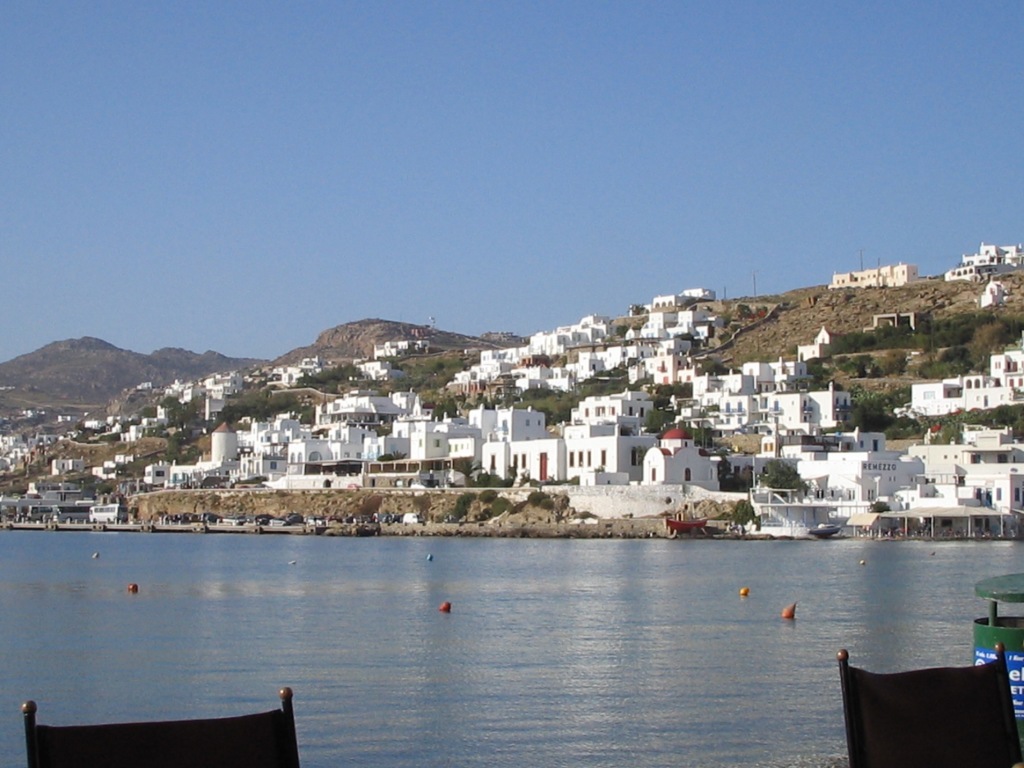For years articles about everything from family leave to medical benefits started with the premise that
The United States is the only modern Western economy that doesn’t do or provide “X” for their workers
Thus the premise was the our economies were roughly equivalent and the USA was “mean” or “backwards” because we didn’t provide all those benefits and worker protections that the other countries were (apparently) able to absorb.
In the Sunday Business of the NY Times we can see where this has finally led, however – in an article about retraining European workers titled “Fake Jobs with Real Benefits” this is the end statistic:
But in a reflection of the shifting nature of the European workplace, most are low-paying and last for short stints, sometimes just three to six months. Today, more than half of all new jobs in the European Union are temporary contracts, according to Eurostat.
These jobs don’t have the famous protections for working mothers and stay-at-home dads and for medical benefits and pensions and everything else; they just set you up for a few months at a time and can just not renew your contract for any reason, including if you are legitimately hurt or ill. These are the ruthless “McJobs” that have been decried for years in the USA.
In parallel, Spain is now lurching into a political crisis similar to what is happening in Greece. Here are some statistics on Spain per this Foreign Policy article:
The Eurozone as a whole is a disaster. Whereas the United States’ economy is nearly 10 percent larger than it was seven years ago, the Eurozone’s is 1.5% smaller. And Spain is faring even worse; it’s economy is still 5 percent smaller. Nearly one in four Spaniards, and one in two young people, are unemployed. In the European Union, only Greece’s unemployment rate is higher. Many people have dropped out of the labor force (or immigrated to countries where there are jobs to be found). A lost generation is in the making.
And the governmental statistics are sobering:
Spain still has the largest fiscal deficit, as a share of the economy; in the entire EU: 5.8% of GDP last year. Public debt as a share of GDP rose by more last year than anywhere else in the eurozone and is set to top 100 percent this year.
The few remaining permanent full-time jobs are often in the governmental sector; this is closely linked to corruption. In Spain the corruption of the ruling parties contributed to their drubbing in local elections.
The net of all this is that comparing the USA to Europe is now mostly a fools’ errand. Not only has growth and productivity stalled across most of the EU, the cherished benefits that are held up as the “gold standard” are accruing to fewer and fewer workers as the young frankly have no work at all and many of the adults that do work are on these short term contracts where those protections rarely apply.
Whether or not the USA should enact various protections to our workers is a good question, with pros and cons on both sides of the ledger. However, the blanket statements that we are the last modern economy to not do “X” should be tossed in the dustbin of history, because it doesn’t apply anymore.
Cross posted at LITGM
on my bedside table as reading material for relaxation. I have read it several times.
describes a tiny square in the town that sounds exactly like this one looks.


